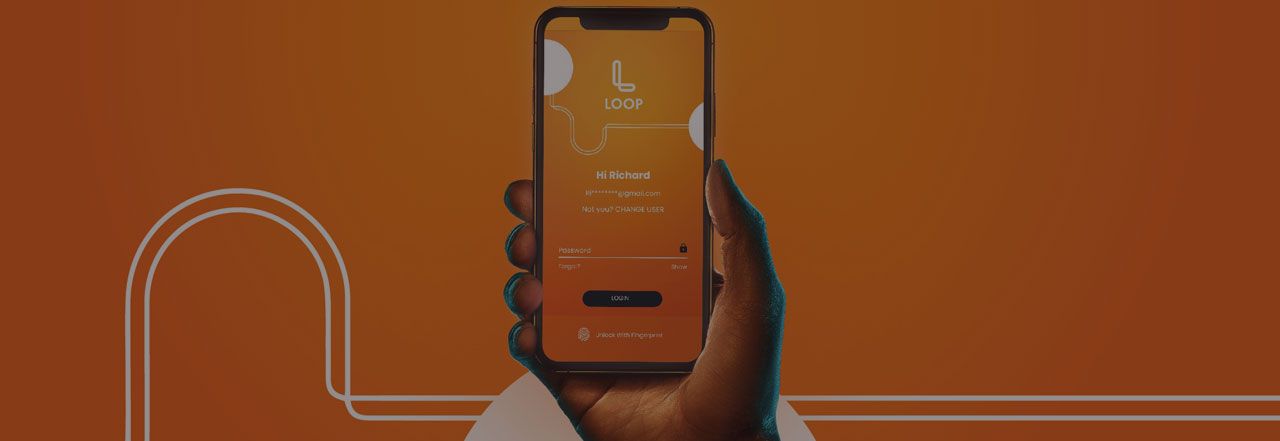The first person I knew who had two jobs was both a fishmonger and a bearded photographer. His name was Maina.
During the week, he ran a ramshackle fish joint opposite my school. He got raw supplies in the morning, rolled them into balls by mid-morning, and begun frying by midday. By the time the school bell rang an hour later, he was serving us fish and ugali at 10 bob apiece.
When business was low, a few idlers would gather in Maina’s Fish Place to play draughts. Every game ended in under a minute, sometimes as fast as thirty seconds. You watched two men play with such dexterity and speed that it seemed superhuman. Sometimes they bet on games, sometimes they held mini-tournaments. Maina worked through it all, except late in the afternoons when he sat and played too.
On weekends and public holidays, Maina strung his Leica (and later a Canon) camera from his neck and walked all day. He was a tall man with a powerful walk, almost a half sprint. He had a bushy beard and a hearty laugh, and seemed to always be smiling, even when he was mumbling to himself. Or whistling.
Every Easter and Christmas, like clockwork, the fishmonger with a camera would be there in the afternoon. He took the first photo I have of me, I am told, sitting on a couch on the veranda with a toothless grin. He also took the first passport photos of me behind his fish joint. I had a wound in my mouth that day after falling while chasing a girl (literally. Context: we were playing). He took the photo, and a deposit, and delivered in a week or two. Then you paid the rest.
There was a second such character in my childhood, a woman whose name I can’t remember. All I remember is seeing her every morning around 6am walking right past our home with a kiondo on her back. Her business of the day is done, someone quipped once, but I don’t think I fully grasped it. She was a marigiti woman, one of those market women who today skew M-Shwari patterns by borrowing money at night and repaying it by morning. If you see them having breakfast at 9am after a quick nap, you would think they don’t make money.
Both of them fascinate me now because I am trying to understand how to run myself like a business. In the first freelance gig I did, we had a small support system where we loaned each other money and gave each other industry tips. We were essentially a team of free folk, governed by the tides of an unpredictable industry. It’s where I first learned, on my first year on my own, that the work itself was seasonal. There was a period of three to five months in the year when business peaked, then slowed down, then dried up to nothing. The secret, this sage told me as the waitress placed the platter of goat meat between us, was to work yourself like a donkey before the dry season. You worked eighteen hours a day and slept for four. The rest you spent doing anything else life demanded, like talking to people and shopping for food. Rest was for the weak, he said philosophically. No one seemed to know about work-life balance then.
The idea was to make enough to survive on when there was no work. It was the industry’s idea of preparing for winter. You made a solid budget for everything including car service and fuel. You stocked up on everything, paid rent in advance and packed your fridge with non-perishable foods. What we forgot was to help each other do better with proper personal financial management, what I consider Loop’s best selling point, because we were more interested in surviving rather than thriving. We were preparing for a mini-apocalypse, not making money to live comfortably on.
More often than not, it worked. But once the toll of working too hard escalated, it became impossible to keep up. It made me understand how people like Maina had survived as sole breadwinners in their homes. They did many things in a day, even more than the ones I could see. They invested across their businesses, cut whatever didn’t work, and saved everything else. Our hustling needs to work on these principles, and there’s no better way than first determining what makes you money and what loses it. Loop comes in handy here for me, because I can check my cash flow and just how much last night set back my budget for the month. Even better, the app will warn you if you are crossing a target, so you can’t even say the dog ate the papers you wrote your budget on.
No one tells you this early enough, but freelancing is running a business. You are the business. The problem is that you can’t give yourself paid leave, you have to pay your own insurance and file your own taxes. Or pay someone to do it. You have no assurance of money at the end of the month if you don’t work, and sometimes even if you do. Even if you fall sick or it’s a dry month, you are essentially on your own. Formal employment offers a safety net, but freelancing lets you breathe. Each comes at a cost. Loop takes part of the job of planning your money away so you can focus on living, and making more. It works for both people in the formal and informal sector, and you can check up on your money in between sending memes and contributing to Whatsapp groups.
The last I checked, Maina’s fish joint had stopped making financial sense. He closed it and focused on photography. The original bearded photographer.
By Owaah





